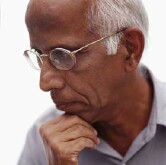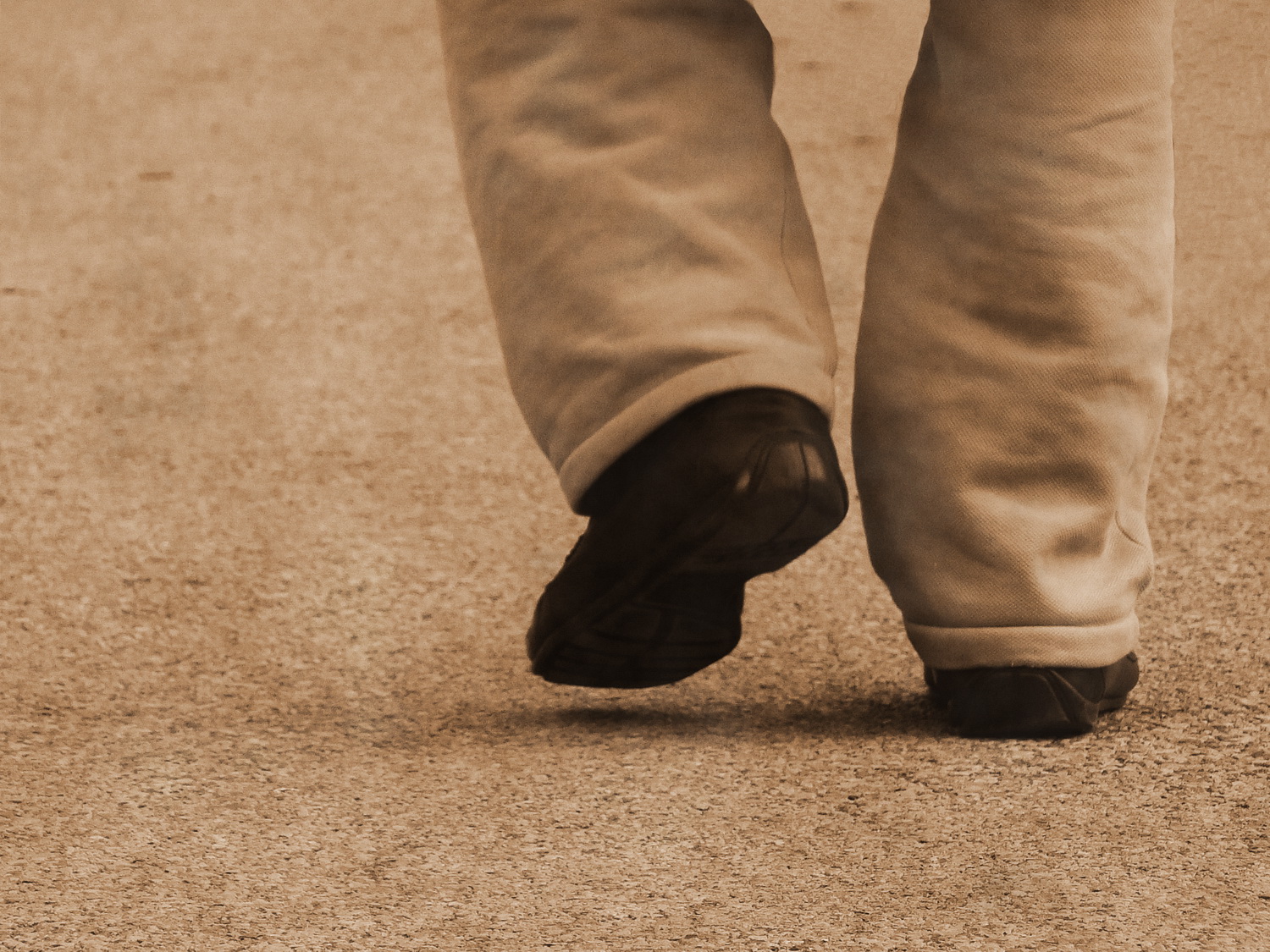
MONDAY, Feb. 1 (HealthDay News) — Problems with memory or thinking abilities could signal an increased likelihood for a stroke in the future.
Swedish researchers found that older men who were not diagnosed as having dementia but who did poorly on a test of mental function had a greatly increased risk for stroke.
It’s not yet clear whether the test can be used routinely to improve predictions based on established risk factors, said Dr. Bernice Wiberg, a doctoral fellow in geriatrics and internal medicine at Uppsala University and lead author of a report on the research, published Feb. 2 in Neurology.
“We have to be very careful in saying that it compares to high blood pressure, diabetes and other risk factors,” Wiberg said.
But there are indications that the test results could show the chances of survival for someone who has a stroke, she said.
The research involved 930 Swedish men, who averaged 70 years old at the start of the study. None had a history of stroke. They were given three widely used tests of mental function: Trail Making Test A, which measures attention and visual-motor abilities; Trail Making Test B, which measures the ability to execute and model a plan; and the Mini Mental State Examination, used to measure cognitive decline.
In Trail Making Test A, participants draw lines to connect circles numbered 1 through 25. In the B test, the circles include both numbers and letters, and lines are drawn to alternate between those numbers and letters (1-A-2-B-3-C, etc.).
In the next 13 years, 166 of the men had a stroke or transient ischemic attack (TIA), a brief interruption of blood flow to the brain. The 25 percent of men who performed worst on the B test were three times more likely to have a stroke or a TIA than the 25 percent of the men with the highest scores, the study found.
“Our results support the idea that cognitive decline, regardless of whether a person has dementia, may predict risk of stroke,” Wiberg said.
The Trail Making Test B is easy to do, she said: “You just need a sheet of paper and a pen.” However, the study was not designed to determine whether the test results added predictive value to the usual measures of stroke risk. “That is something we didn’t actually measure,” Wiberg said.
Whether the test could be used to identify people needing more intensive stroke prevention measures requires more research, she added.
The Trail Making Test B is sensitive to frontal lobe injuries of the brain, the region involved in executive function, explained Dr. Larry B. Goldstein, director of the Duke University Stroke Center.
“They might be identifying a subgroup of the population that has had some degree of injury,’ Goldstein said. “A sizeable proportion of those injures goes undetected. So they are presumably detecting patients who have major risk factors and should be treated aggressively with preventive measures.”
The researchers are continuing to follow the men who had a stroke or TIA, so far for an average of 3.5 years, indicating a grim predictive value — if the worst should occur — for test B.
Wiberg said that “very preliminary results,” which have not yet been published, show that “if you have a bad test result, when you have a stroke you do have a worse outcome.”
“If you have a bad test result at 70 years and if you do get a stroke, you have a lessened chance to survive for a long time,” she said.
The Swedish study adds to the list of unconventional factors linked to the risk for stroke.
One recent study of more than 13,000 Americans found an association with obesity, measured by either body-mass index or waist circumference. In some cases, the most obese individuals were more than three times as likely to have a stroke as the leanest.
More information
The American Heart Association has more on the risk factors for stroke.

